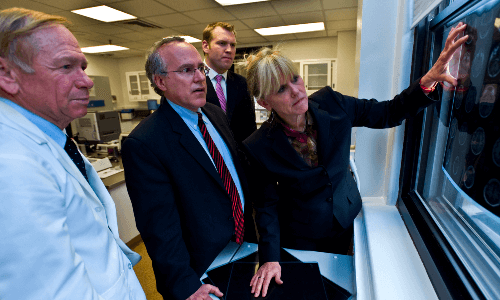Living with Suspected CTE
Many CTE symptoms are treatable, and help is available.
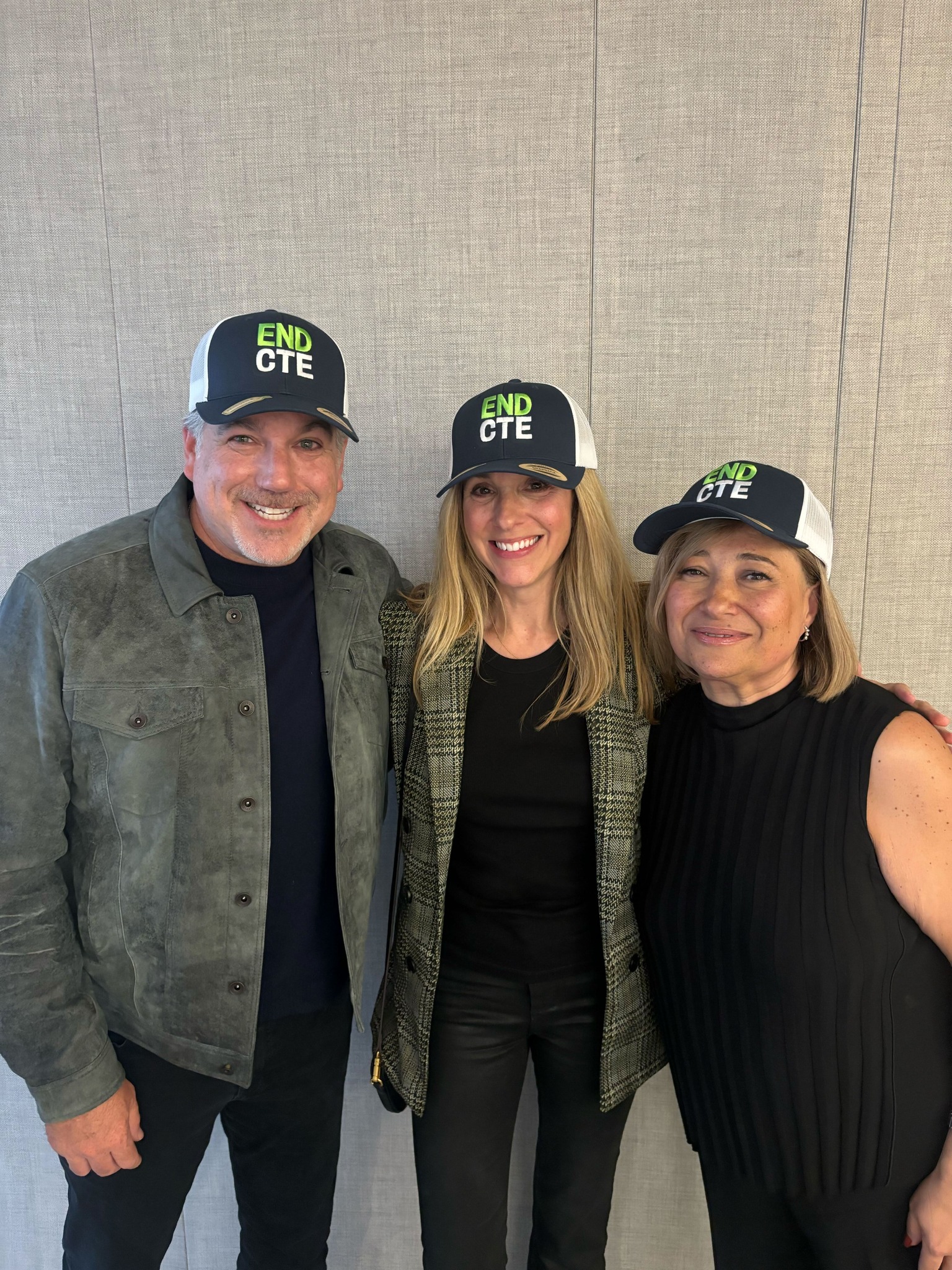
You are not alone
If you’re concerned that you or someone you care about has suspected CTE, please know that you are not alone. Help is available, and hope is right here.
Many symptoms of CTE are treatable, and we have a library of resources to help you find support and live a full life. It’s also important to remember that we can’t definitively diagnose CTE in the living, so your symptoms may have another cause that can be treated.
In addition, people have varied experiences living with suspected CTE. While some struggle, others, with the proper interventions, live long, fulfilling lives. That’s why our message is to focus on treating your symptoms and maintaining hope.
Of course, CTE can pose challenges, but there are many tools to help you fight. If you’re concerned you’re living with suspected CTE, there’s much you can do to maintain a healthy and enjoyable life.
Promote sleep, exercise, and nutrition when living with suspected CTE
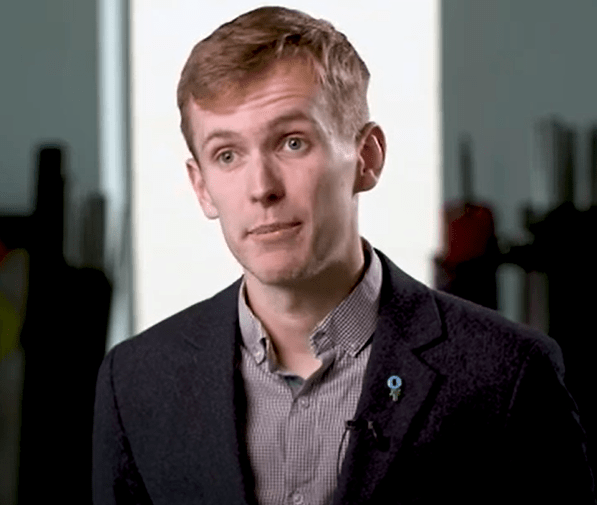
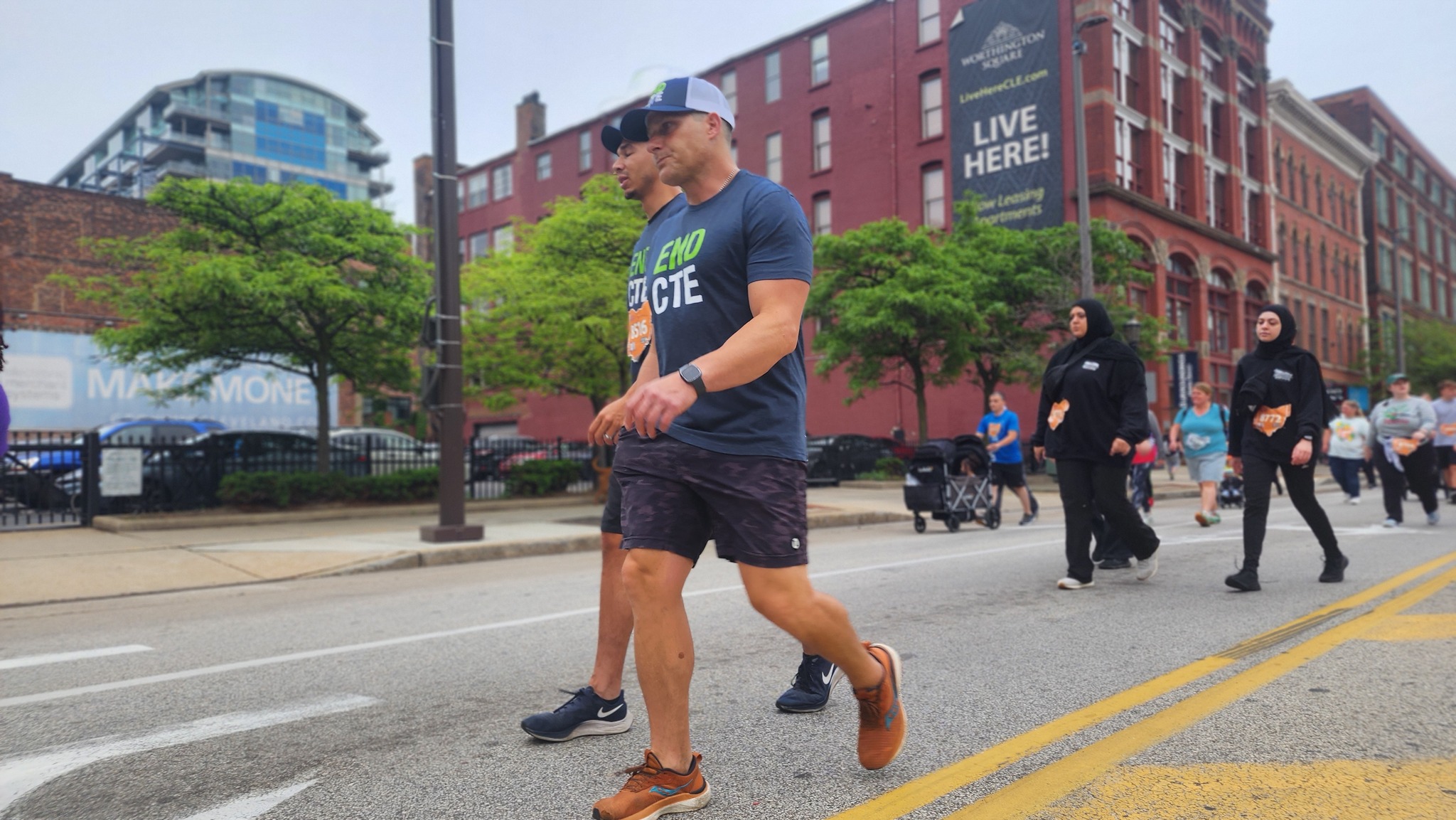
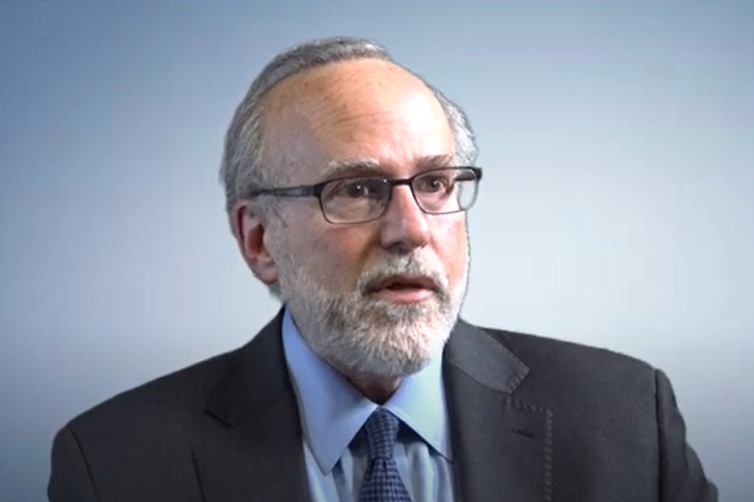
Prioritise good, consistent sleep. Your body needs a full night of rest every night to function at its best. Sleep disorders like sleep apnoea can cause mental fogginess and headaches, and poor sleep can affect self-regulation and emotional management. Be disciplined in your sleep habits, and, if necessary, seek professional help.
Watch Nathan Howarth, Executive Director of CLF UK, explain how getting adequate sleep can help the brain fight off the effects of CTE.
Don’t underestimate the benefits of regular exercise. It can relieve stress, reduce pain, and improve overall well-being. Continued aerobic exercise is recommended, both for your heart health, but also to protect the vascular system in your brain. Be sure to consult a medical professional before beginning an exercise program.
Maintaining a well-balanced diet is good for anyone, but for those living with suspected CTE, its benefits are essential. Keeping to a nutritious diet can help you feel better and regulate energy levels more efficiently.
Several studies have shown that following the Mediterranean Diet can fend off toxins and inflammation in the brain and might even be able to slow down the progression of a brain disease. Consider consulting a dietitian before making any drastic changes.
In this video, we’ll learn more from Dr. Robert Stern about fighting suspected CTE with diet and exercise.
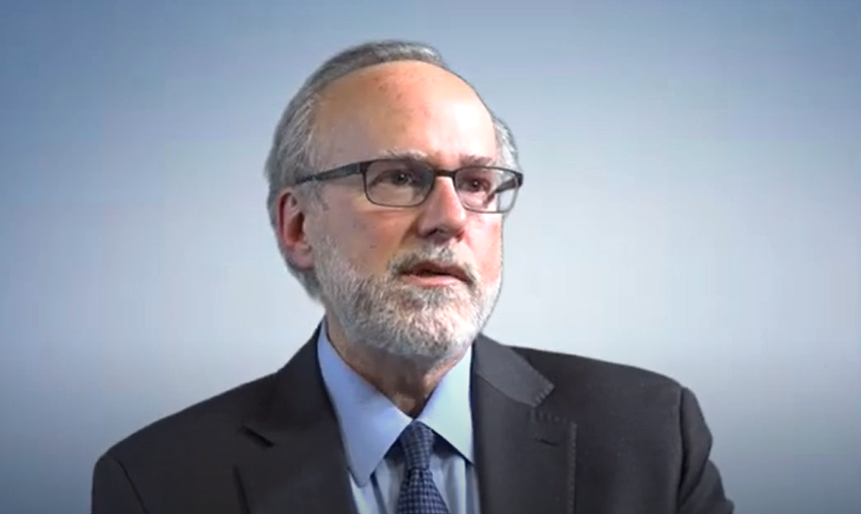
Always maintain hope
It’s crucial for someone who is concerned they may be living with suspected CTE to remain hopeful. Help and hope are available, and building a full, healthy life happens every day. Those who are suffering should have hope that their symptoms can be treated and support from their loved ones to constantly remind them of this hope.
Watch Dr. Robert Stern explain why suspected CTE is not a death sentence.

Hope from former NFL player and sportscaster Mike Adamle
For another jolt of inspiration and hope, you can turn to former NFL player and sportscaster Mike Adamle. After he was diagnosed with dementia and probable CTE, Adamle and his wife Kim launched The Mike Adamle Project: Rise Above as a CLF program.
Rise Above provides patients living with suspected CTE and their families with tools, resources, and a supportive community to help them navigate this experience. Most importantly, Rise Above advances hope.
Reach out for help in times of crisis
It’s OK to feel anxious or worried if you believe you or a loved one may be living with CTE. But you don’t have to navigate this experience alone. If you’re in emotional crisis or concerned about a loved one, call Samaritans at 116 123 to connect with a trained counsellor. It’s free, confidential, and available to everyone in the UK. You do not have to be suicidal to call.
If you’re concerned that someone you care about may be in crisis, there are simple actions you can take to help. Samaritans provides guidance on helping someone who may be suicidal, and can help you identify the signs of suicidal ideation.
While it’s not a crisis line, the CLF HelpLine is a powerful resource that provides personalised support to those struggling with the outcomes of brain injury.






